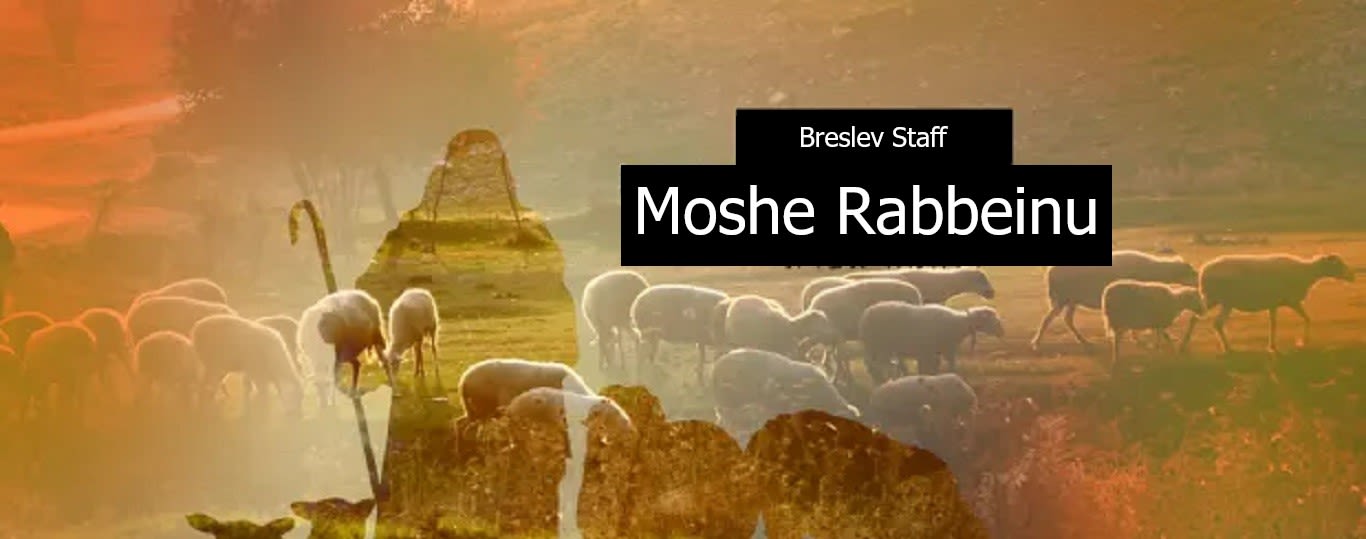
Moshe Rabbeinu
Date of passing: 7-Adar. Moshe was one of the greatest leaders of all history! Prayers on this day are especially powerful. Due to the crises in Eretz Yisrael and the dangers facing am Yisrael, Rabbi Arush asks everyone to devote extra time in prayer today.

Who was this world leader who is known even several millennia after his passing?
The seventh of Adar is the date when Moshe Rabbeinu (“Moses our Master” or “Moses our Teacher”) was born and when he died 120 years later.
Moshe became, by his own great effort, the greatest human being who ever lived. He was chosen by Hashem to lead the Jewish nation out of Egypt and to be their Rebbe. He was the Tzaddik of the generation.
He was called Moshe Rabbeinu because he was the teacher par excellence of all of Jewish history! Moshe was also called “Master of the Prophets” and the “humblest of men”. Hashem Himself called Moshe “trustworthy in all of My Palace.”
The day of passing for such a prodigious tzaddik gives tremendous power to our prayers and requests for salvation. This day is considered a source of atonement just like fasting, prayer, and repentance.
Rabbi Arush made a special request today for everyone to pray at least one full hour for ahavat Yisrael, that there should be love within the Jewish people, as he has already written about many times (Loving Everyone as My Own Child, Brothers (Not Only) in Times of Distress, Stop the Tragedies!). This is especially important given the current war in Gaza and the rising antisemitism around the world. On this auspicious day, may everyone in am Yisrael merit to do teshuvah from love, and may we see the full redemption mercifully and soon!
Imagine A Personal Conversation with Moshe Rabbeinu! What personal path would he advise you to go on? What would he say to all of us in these days of upheaval?
Rabbinit Arush suggests lighting a memorial candle for Moshe Rabbeinu.
Much has been written about Moshe Rabbeinu1:
- Moshe was born on the seventh of Adar (Megillah 13b).
- On the seventh of Adar, Moshe died (Megillah 13b).
- Moshe: “I am 120 years old this day (Deuteronomy 31:2), today my years are complete to the day” (Sifri Devarim 2).
- Moshe resembled an angel of G-d (Pirkei d’Rabbi Eliezer 48).
- Moshe’s face was like the sun as a sign of his outstanding wisdom in Torah (Maharsha) (Bava Basra 75a).
- He was beautiful, and everyone wished to gaze upon him (Shemot Rabbah 1:26).
- Moshe and Aharon looked alike. Whoever saw our Teacher Moshe thought that he was Aharon, and whoever saw Aharon thought that he was the father of all the prophets (i.e., Moshe). Their sons, too, looked alike (Ginzei Shechter 1:94).
- Moshe was ten cubits tall (Berachot 54b).
- Moshe was mighty (Nedarim 38a).
- All seven days of the dedication of the Tabernacle, Moshe assembled the Tabernacle and disassembled it twice daily, without the help of any member of Israel (Bamidbar Rabbah 12:9).
- He was as strong as a lion (Greenhut, Likkutim 5; Yelamdeinu Berachah 7).
- Moshe went up from the plains of Moav to Mount Nebo (Deuteronomy 34:1). There were twelve levels, and he climbed them with one step (Yalkut Shimoni, Mishpatim 360).
- Moshe’s voice carried the distance of a forty-day walk (Mechilta Bo 14).
- Diligent in his work (Proverbs 22:29) refers to Moshe. He tended the sheep in the desert, worked diligently, and made peace between the shepherds and Jethro’s daughters (Pesikta Rabbati 6:8).
- Had Moshe been more forbearing, he would have been saved, but the people of Israel provoked him and angered him, and he was not sufficiently forbearing (Kohelet Rabbah 7:7).
- Moshe was equal to Israel, and Israel to Moshe (Mechilta Yitro 1:1).
- Moshe was equivalent to 600,000 of Israel (Tikkunei Zohar 19:40).
- Moshe acted in place of a seventy-one member Sanhedrin (Sanhedrin 16b).
- No generation is without someone like Moshe (Bereishit Rabbah 56:7).
- Moshe was the exact image of Adam (Zohar 1:28a).
- On two occasions Moshe spoke like Abraham, but it did not avail him (that is, he did not merit what Avraham merited, in requesting kingship and priesthood, and in requesting entry into the Land of Israel) (Devarim Rabbah 2:7).
- The seven shepherds (Micah 5:4) are as follows, David in the middle, with Adam, Seth and Methuselah on his right, and Avraham, Yaakov, and Moshe on his left (Succah 52b).
- Two good leaders arose for Israel: Moshe and David (Sifri Devarim 26, beginning of Va’etchanan).
- Three good leaders arose for Israel. These were Moshes, Aharon, and Miriam (Ta’anit 9a).
- Moshe and Aharon were equal to one another in righteousness (Eitz Yosef) (Bereishit Rabbah 1:15).
- Moshe and Elijah were like one another in all things (Pesikta Rabbati 4:11).
- Moshe was the teacher, David the disciple (Shocher Tov 14:6).
- The Holy One, Blessed is He, said to Moshe, “I have appointed you king over Israel” (Vayikra Rabbah 31:4).
- He sat like a king on his throne, and everyone stood before him (Mechilta Yitro 1:1).
- The back of Solomon’s throne was carved on top like the chair of Moshe (Pesikta d’Rav Kahana 1:131).
- Moshe requested the kingship, but it was not given to him as something to be passed on to his children (Torah Temimah, Shemos 3:5) (Zevachim 102a).
- Moshe would say, “Let justice pierce the mountain” not requesting mercy (Sanhedrin 6b).
- Fear of G-d was a small matter for Moshe, it was easily attained (Berachot 33b).
- Moshe called himself a servant of G-d, and the Holy One, Blessed is He, called him one (Sifri Devarim 27).
- Moshe was peace-loving (ibid. 199).
- Moshe grew wealthy from the remnants of the gem from which he carved the Tablets (Nedarim 38a).
- Our teacher Moshe was a high priest, and he received a share of the sacrifices (Zevachim 101b).
- Moshe served as a priest only during the seven days of the dedication of the Tabernacle. Some say, Moshe’s priesthood stopped only with his seed and not with Moshe, who remained a priest (ibid. 102a).
- Moshe and Aharon fulfilled the entire Torah, yet they died as a result of their sins (Shabbat 55b).
- In a single year, three righteous people died, Moshe, Aharon, and Miriam (Sifri Nitzavim 304).
- All that Moshe requested to see before his death the Holy One, Blessed is He, showed him (Mechilta Beshalach 5:2).
- “You have enough” (Deuteronomy 3:26). “Moshe,” said the Holy One, Blessed is He, “there is much waiting for you in the World to Come” (Sifri Va’etchanan 29).


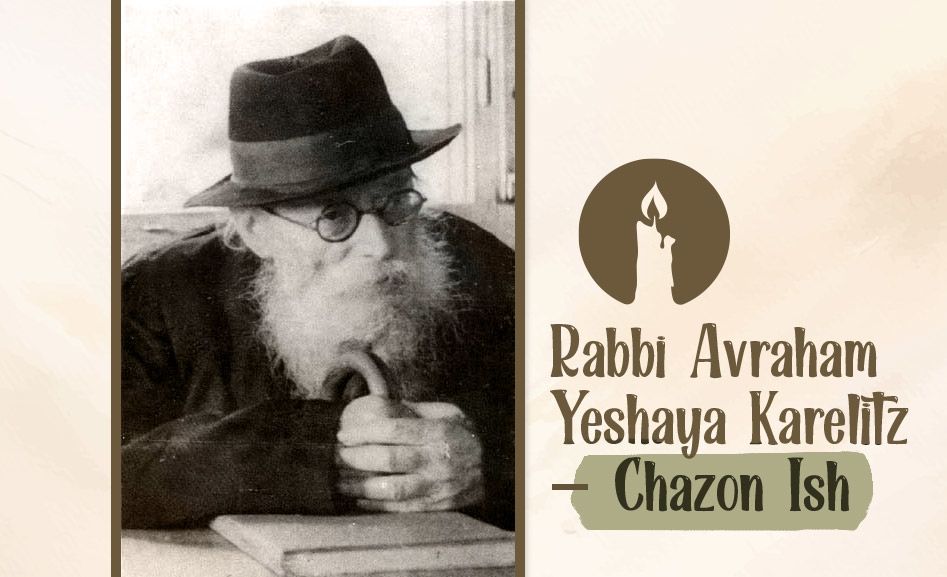

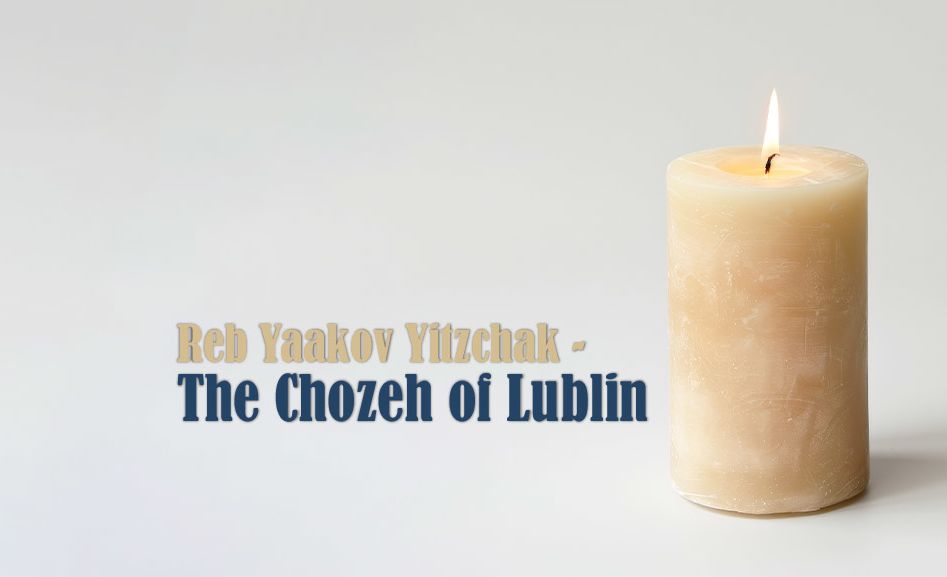
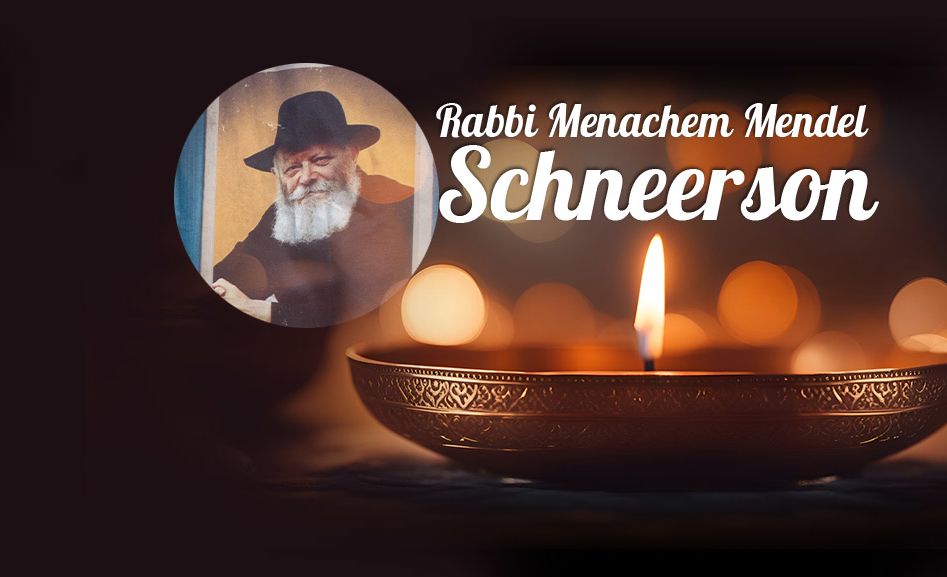
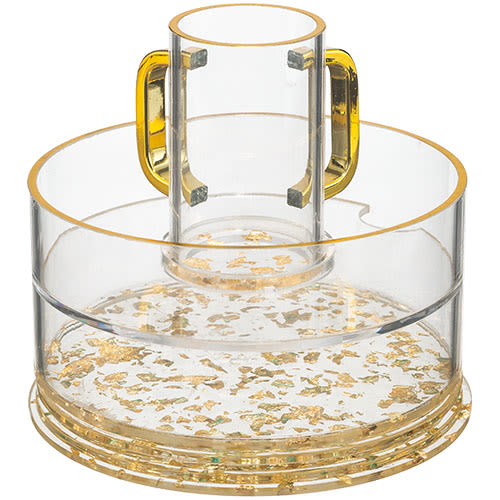
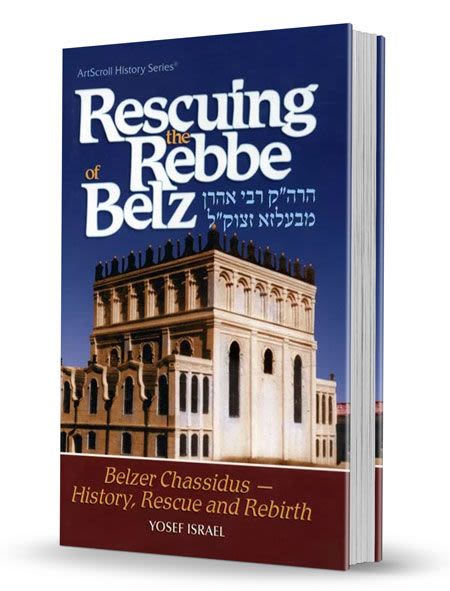
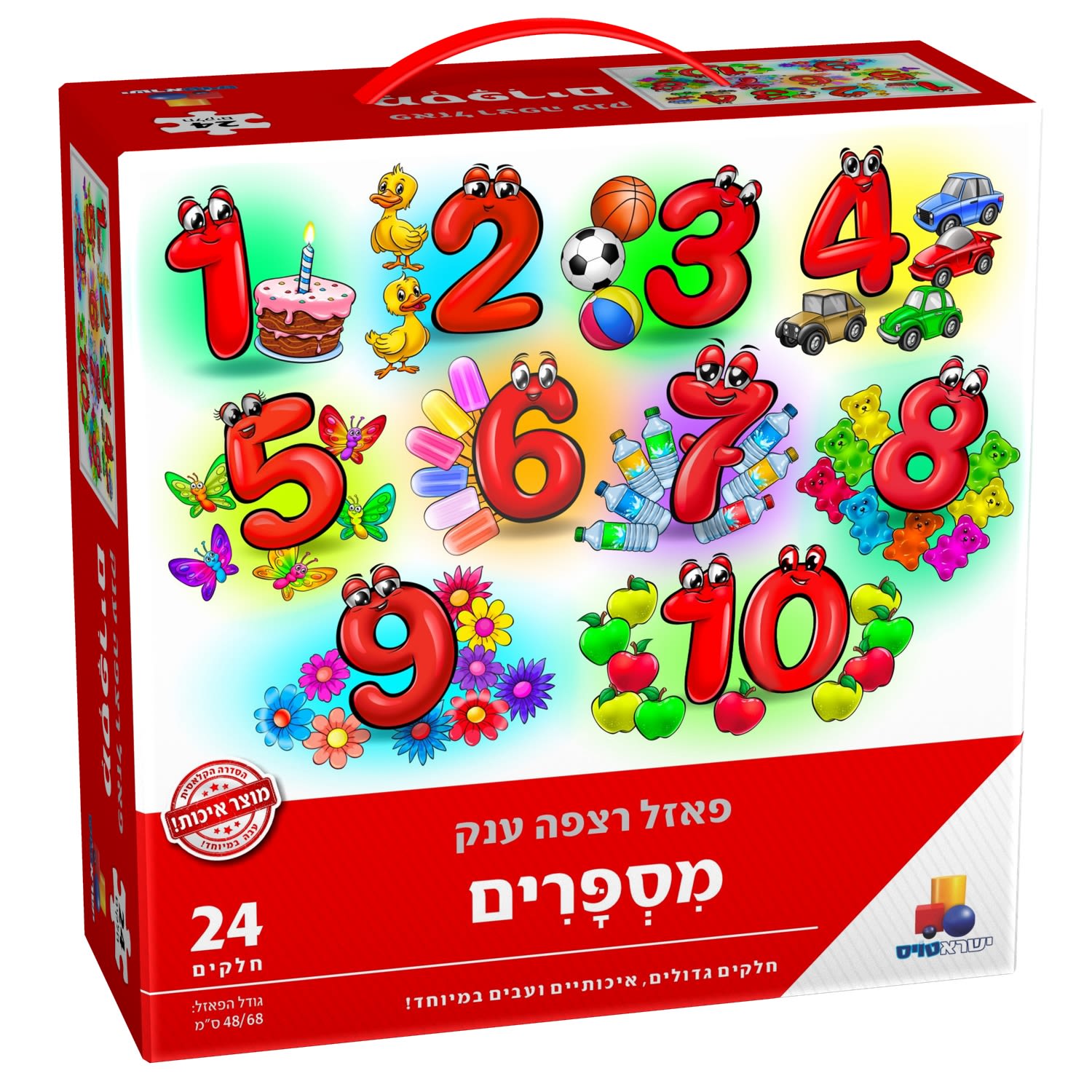
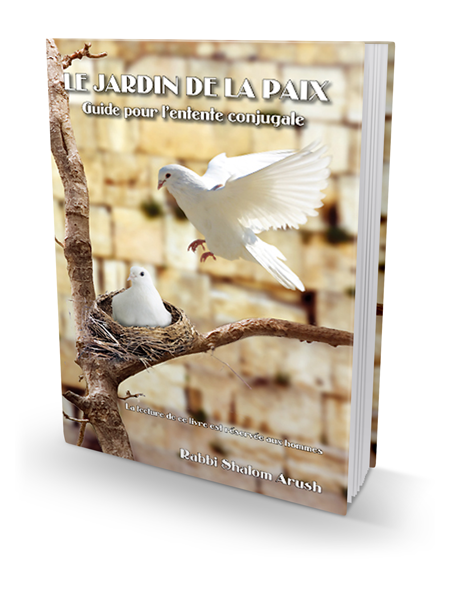
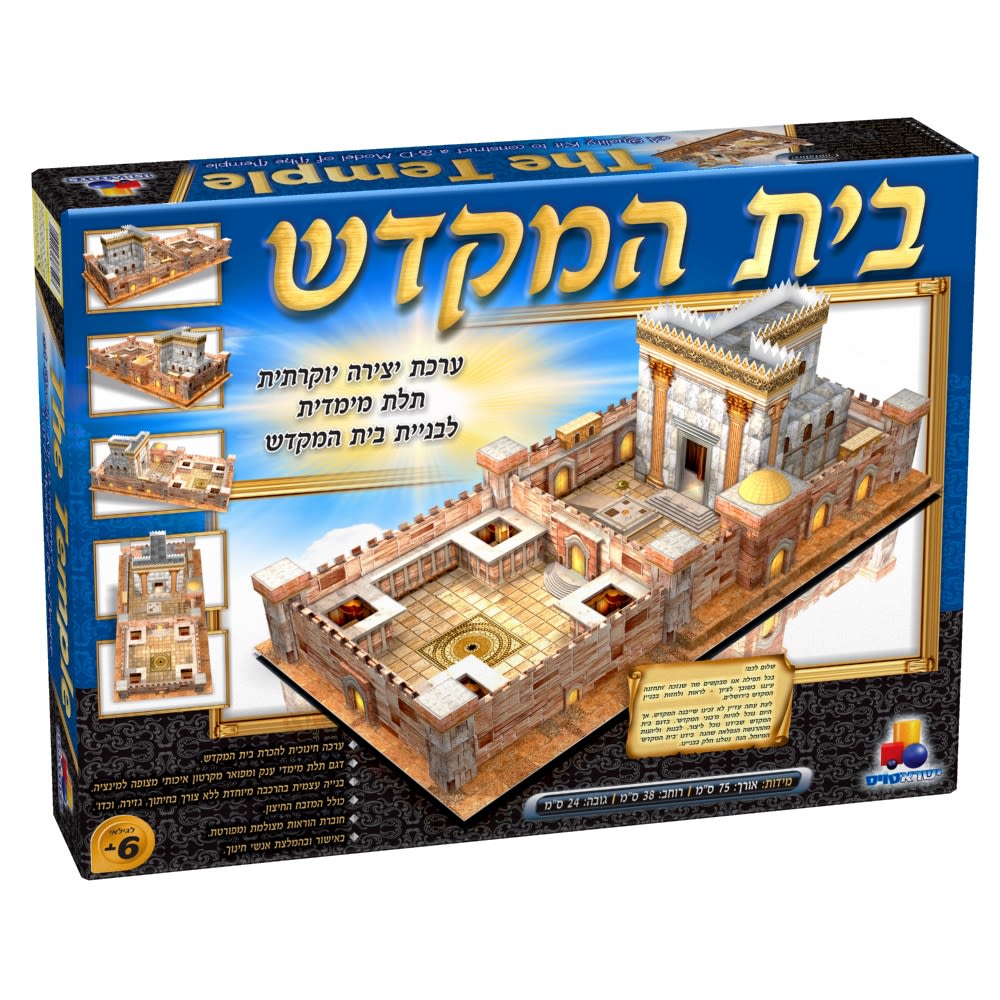
Tell us what you think!
Thank you for your comment!
It will be published after approval by the Editor.